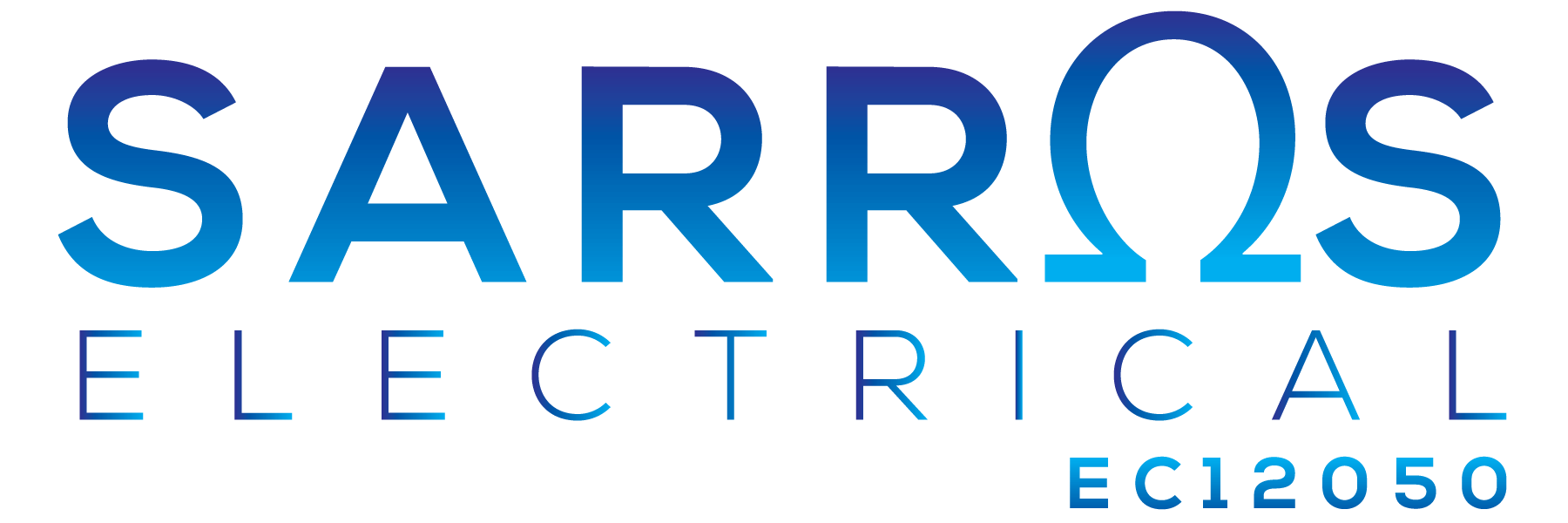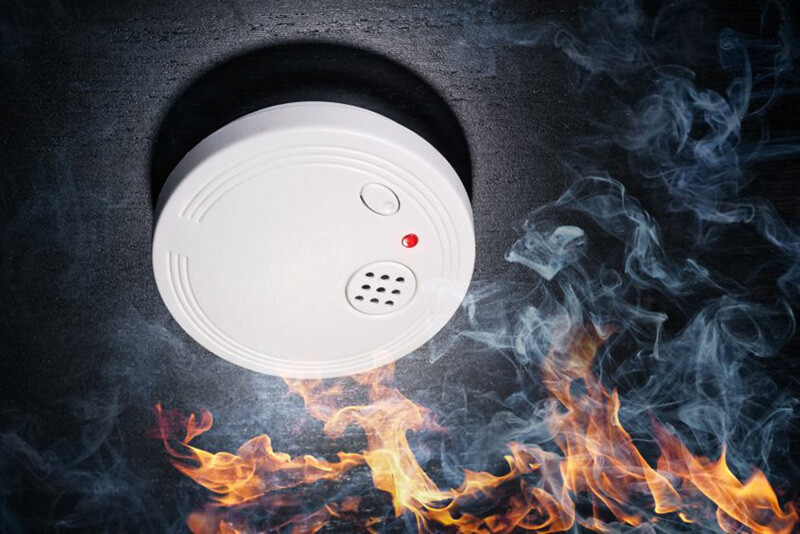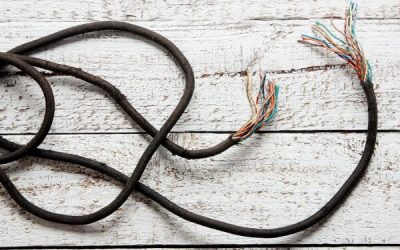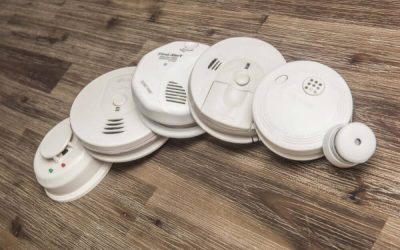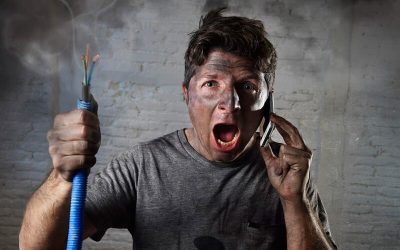Did you know that 3.6 million Australians suffer from some form of hearing loss? In fact, this number is expected to double to approximately 7.8 million by 2060.
If you find yourself in this situation and a fire alarm goes off, how can you effectively hear the alarm? Read on to learn about different smoke alarms that help the deaf and those hard of hearing.
How a smoke alarm works
Before we go into different smoke alarm systems that alert the hard of hearing, let’s briefly learn how smoke alarms work – how they detect smoke.
Smoke alarms typically use one of two methods to detect smoke in the air. The first involves a constant light beam passing across a sensor.
When smoke particles interact with the beam, the beam no longer correctly hits the sensor. This sends an alert to a speaker, causing an alarm bell to ring.
The second method uses a small amount of radioactive material safely concealed in the alarm; this material ever-so-slightly charges the air creating an electrical current.
Under normal circumstances this charge should remain constant, however when charged smoke particles enter the alarm, they shift this current out if it’s normal operating range, triggering the alarm.
You can learn how smoke alarms work in more detail here.
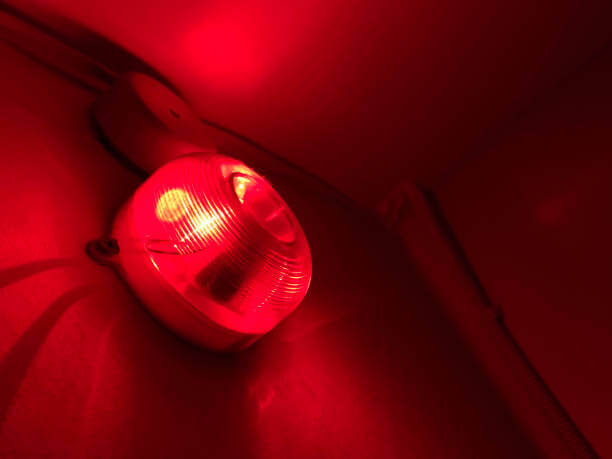
These audible smoke alarm designs have saved countless lives in the past and will continue to do so in the future. However, despite its effectiveness, they don’t account for a some of us – those of us who suffer with hearing loss or deafness.
So what smoke alarm options are there for the hard hearing?
1. Strobe light alarms
In most cases, those who are hearing impaired can still use their eyesight. As such, engineers have developed a unique type of smoke alarm. These alarms are equipped with smoke detectors, that once triggered, send a signal to a white or coloured light.
Older models often had a light with a rotating device that makes the light look as if it’s rotating – as is often seen on emergency vehicles. Newer models use LEDs and strobes that provide a more intense alarm.
These LEDs are powerful enough to flash on and off or strobe in a pattern, even in well-lit environments such as during the day, to alert individuals about a fire and prompt them to take action. These alarms often work in sync with audible smoke alarms so that both visually and hearing-impaired individuals and their families can respond.
2. Vibrating pads and pillows
Another unique solution developed by engineers doesn’t just aid those who are hearing impaired but also those who are visually impaired. This involves using special devices that vibrate intensely when they receive a signal.
These vibrations are powerful enough to awaken even those in a deep sleep. Greg Milnes, the husband of a former CFA volunteer in Victoria suffers from hearing loss. He installed a vibrating smoke alarm on his bedroom wall. He discovered firsthand how effective these vibrating smoke alarms are during a fire at his home. He says that “when it vibrates it makes an almighty racket!”
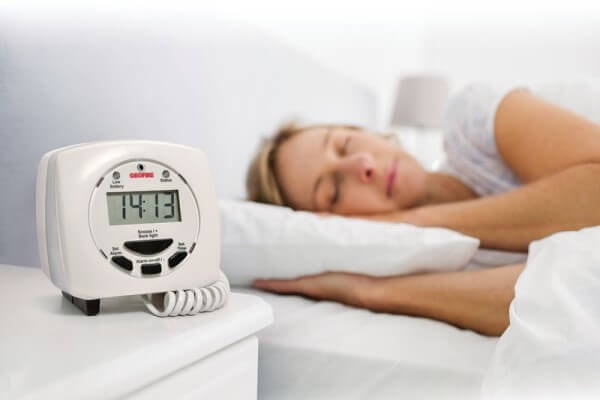
Vibrating smoke alarms vary in shapes and sizes. Some designs allow the pads to be placed inside pillowcases so that you can feel the vibration directly on your head, waking you up no matter how early it is.
Additionally, these devices can be attached to desks, bed frames, and walls. So regardless of your situation, be it deep or light sleep, hearing impaired or visually impaired, you’ll be alerted and able to flee to safety.
3. Bed shaking alarms
Bed shaking smoke alarms are a type of tactile alarm. They work on the same principles as vibrating pad alarms but are typically larger and their effect is more noticeable.
These alarms can be placed directly on the mattress and their strong vibrations create a noticeable tactile sensation. Some models also allow for customization of the alarm settings to suit individual preferences.
Bed shaking alarms are often user-friendly and can be plugged into a wall outlet or operated with batteries, and some even have the ability to connect to your smartphone.
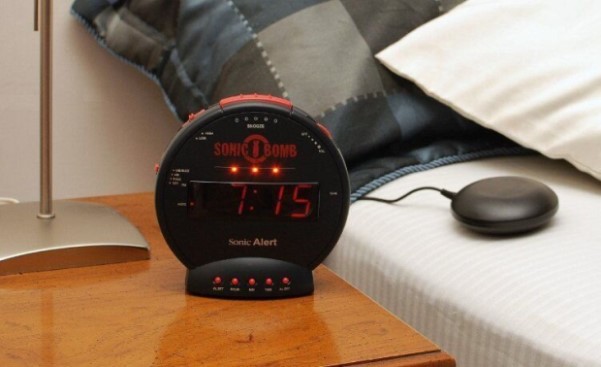
Installing smoke alarms for the deaf
Do you need to hire a professional to install a smoke alarm for the deaf? The answer is both yes and no.
In Western Australia (and all of Australia for that matter), smoke alarms need to be connected to mains power and have a battery back up. A licensed electrician is required to install these systems.
Some smoke alarms and smoke detection systems for the hearing or visually impaired are also connected to main power, and thus require a licensed electrician to conduct installation.
Other systems may be connected to a smart home system or may be battery operated. As long as your home is compliant to the minimum standard, these battery operated smoke alarms can be installed as a DIY.
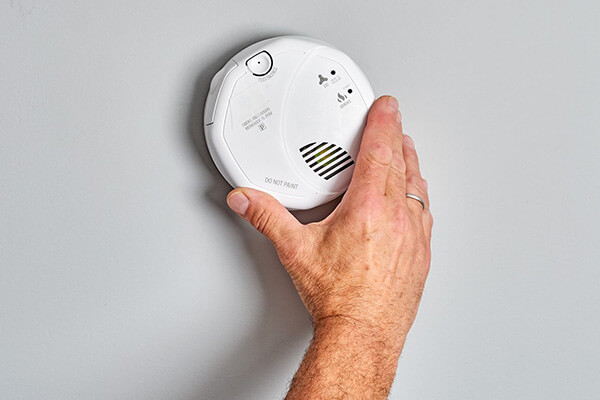
Remember, smoke detectors are meant to save lives, so don’t take unnecessary risks by attempting something you’re not trained for.
Regardless of your personal situation, safety is paramount. If you’re looking to safely install both standard and specialised smoke alarms, use your local and trusty electrician. If you live in Perth, the Peel or WA’s South West, call us, Sarros Electrical. From homes to commercial installations, Sarros Electrical are WA’s family owned electricians that work 24/7 to keep you and your family safe.
There are many ingenious solutions and contraptions that help us when we have limitations. We’re thankful that smoke alarms keep us safe and that there’s specialised smoke detection systems for the deaf.
